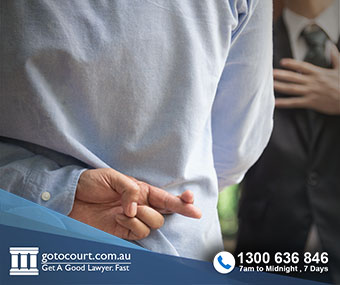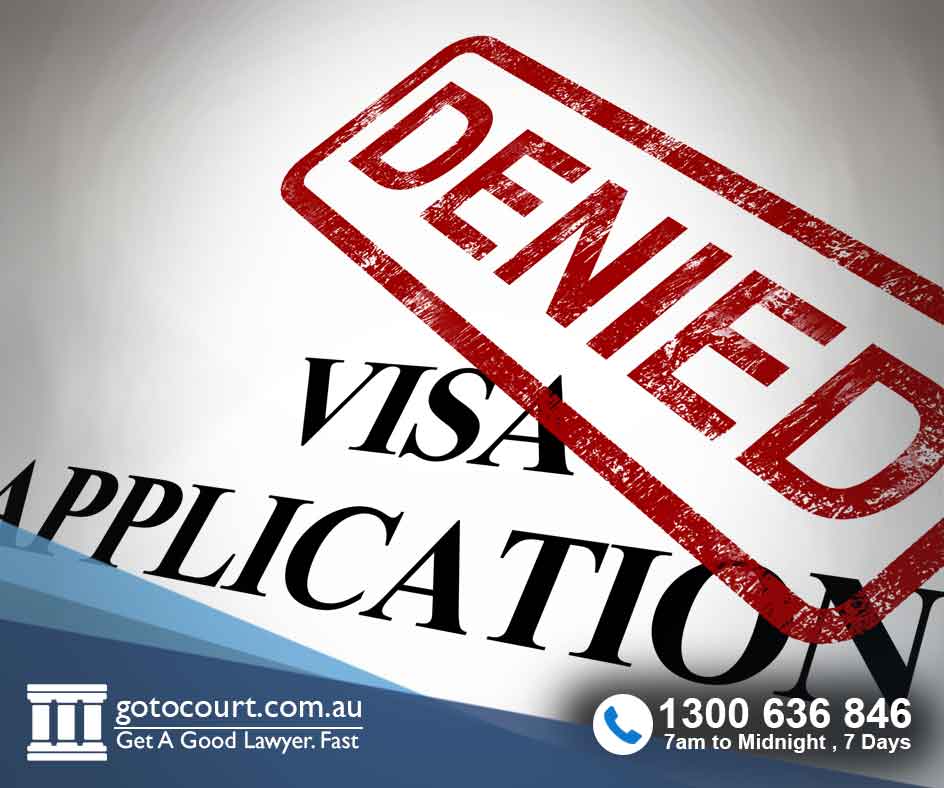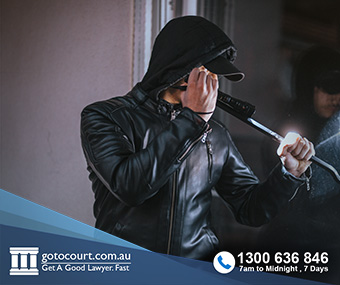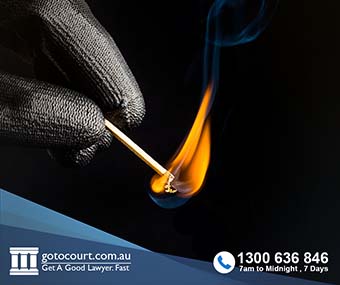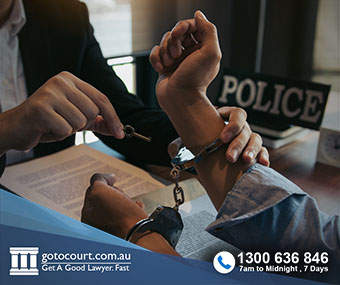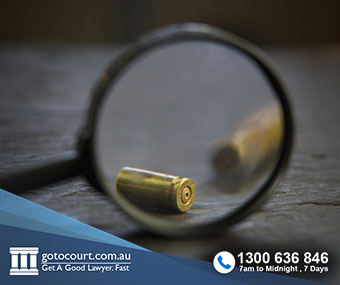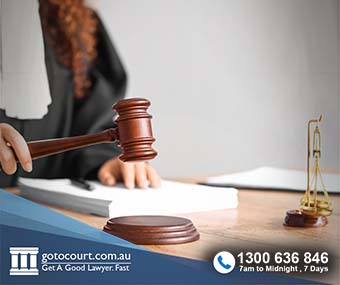Alibi Evidence (NSW)
Alibi Evidence (NSW)
An alibi is used to show that a person could not have committed an offence because they were not at the scene of the crime. Alibi evidence can be given by the accused and by other witnesses. For an alibi to succeed, the defence must be able to produce evidence that the accused was somewhere else at the time the offence was committed. Once the defence has raised an alibi, it is up to the prosecution to prove that the accused was at the scene of the crime and therefore, could have committed the offence.
Legislation in New South Wales provides for the procedures that must be followed when adducing alibi evidence.
Legislation
Under Section 150 of the Criminal Procedure Act, an accused person who is on trial on indictment (in the Supreme Court or District Court) requires leave of the court to adduce alibi evidence unless he or she has given notice to the Prosecution of the details of the alibi and filed this notice with the court at least 42 days before the start of the trial.
The notice must include the names and addresses of proposed witnesses or information that will help in finding them. If the proposed witnesses cannot be found at the address provided in the notice, the accused must immediately provide any information they have that may be of assistance in finding the person.
The requirement to give notice of alibi evidence applies only to matters on indictment. In summary matters (matters heard in the Local Court), there is no formal requirement to give notice of an alibi to the prosecution. However, it is generally considered good practice to do so. If the defence does not give notice of an alibi to the prosecution, this may result in the matter being adjourned for the prosecution to make enquiries into the alibi evidence, which will mean unnecessary delays.
When should leave be refused?
A court should not refuse an application for leave to adduce alibi evidence if it appears that the Magistrate who committed the matter did not advice the accused of the requirement to given notice of an alibi.
A court should not refuse an application for leave to adduce alibi evidence unless the introduction of alibi evidence will cause prejudice that cannot be addressed without significantly disrupting the trial.
In a case where the accused is permitted to call alibi evidence without having given notice of the alibi, the court must also consider whether the prosecution ought to be permitted to call evidence in reply.
In Killick v The Queen 1981, the High Court considered the question of whether the prosecution should be permitted to call evidence rebutting an alibi that was raised for the first time after the closure of the Crown case. In that case, a majority ruled that rebuttal evidence should not have been allowed, as the prosecution ought to have foreseen the advancement of an alibi that had been advanced at earlier procedural stages. The rule against reopening the crown case prevailed.
Burden of proof
The burden of proof continues to lie with the prosecution when an alibi has been raised. The prosecution must prove beyond a reasonable doubt that the alibi evidence should be rejected. It must prove that the accused was at the scene of the crime at the time the offence was committed and that there is no reasonable possibility that they were elsewhere.
However, the fact that the prosecution establishes that the alibi evidence should be rejected does not necessarily mean that the accused should be found guilty. In order to find the accused guilty, the jury must be satisfied not only that they were at the scene of the crime, but also that they committed all the elements of the offence.
If you require legal advice or representation in a criminal law matter or in any other legal matter, please contact Go To Court Lawyers.

Affordable Lawyers
Our Go To Court Lawyers will assist you in all areas of law. We specialise in providing legal advice urgently – at the time when you need it most. If you need a lawyer right now, today, we can help you – no matter where you are in Australia.How It Works




1. You speak directly to a lawyer
When you call the Go To Court Legal Hotline, you will be connected directly to a lawyer, every time.

2. Get your legal situation assessed
We determine the best way forward in your legal matter, free of charge. If you want to go ahead and book a face-to-face appointment, we will connect you with a specialist in your local area.

3. We arrange everything as needed
If you want to go ahead and book a fact-to-face appointment, we will connect you with a specialist in your local area no matter where you are and even at very short notice.

